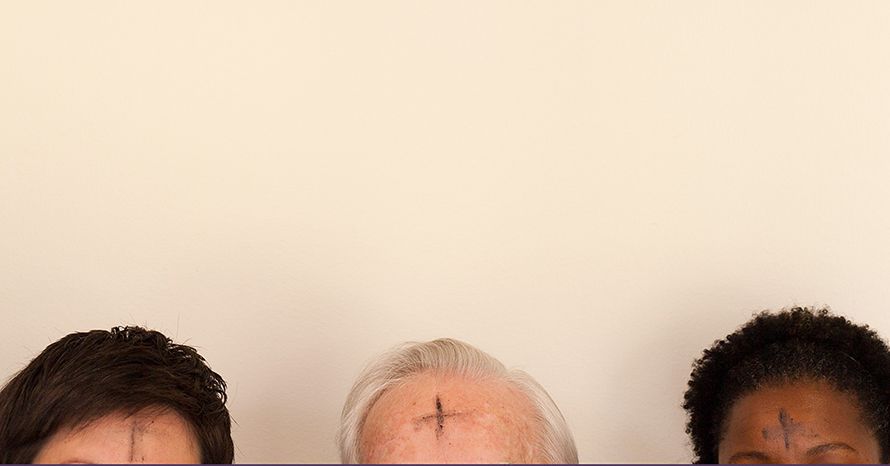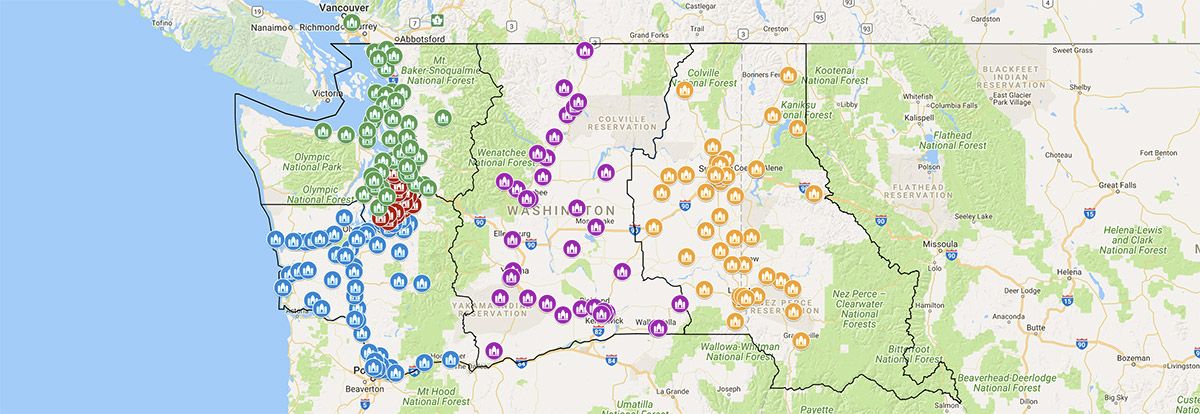Love, like Death… an Ash Wednesday/Valentine’s Day message
Ash Wednesday 2018
Today is marked by HEARTS and ASHES. Valentine’s Day celebrates the union of two people by love. Ash Wednesday leads us into the 40-day journey with Jesus through death to resurrection with a reminder that we are one with the stuff of the earth – dirt, ash.
Charles Wesley wrote that:
Love, like death, hath all destroyed,
Rendered all distinctions void;
Names and sects and parties fall;
Thou, O Christ, art all in all.[I]
Both love and death erase boundaries that separate us from one another. Receiving ashes smudged on a forehead, or a hand, is a humbling of self and a reminder that we live because God breathes life into dust. We are at once nothing, and one-with-everything.
This is the mystic mystery of living as creatures in relationship with the Creator. We are undeniably distinct individuals at the same time that we participate in a deep and inescapable unity with all of creation.
So, I celebrate both.
First, I receive ashes, which keep me from thinking more highly of myself than I ought to think (Romans 12:3) and to find my common humanity with all I meet. Second, I receive roses and a poem from my life partner, Clint, who draws me out of myself in so many ways and enters my solitude when I have retreated.
May you know your precious, existential uniqueness this day. And may you humbly receive the gift of shared life with others. Both are God’s gracious gifts.
The United Methodist Church continues its search for unity despite differences that threaten to divide us. Please read the following letter from Bishop Bruce Ough (CLICK HERE), President of the Council of Bishops of our Church, and pray for our church as we continue to seek unity that is deeper than our differences. Hear these hopeful words of John Wesley:
Many are we now, and one,
we who Jesus have put on;
there is neither bond nor free,
male nor female, Lord, in thee.
May we all “put on” Jesus again, and anew, this holy season.
Bishop Elaine JW Stanovsky | Greater Northwest Area
[i] “Christ, from Whom All Blessings Flow,” by Charles Wesley, The United Methodist Hymnal, 1989, #550.
Image Credit: Foreheads on Ash Wednesday by Kelsey Johnson via CreationSwap.













